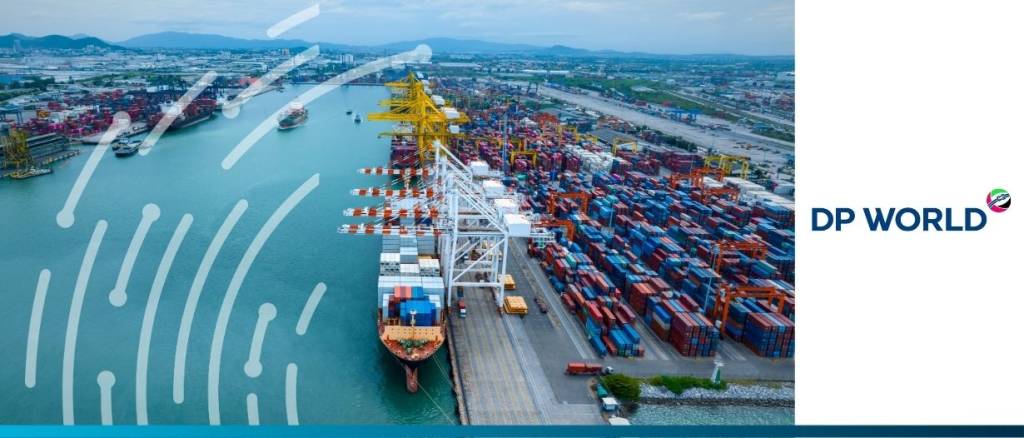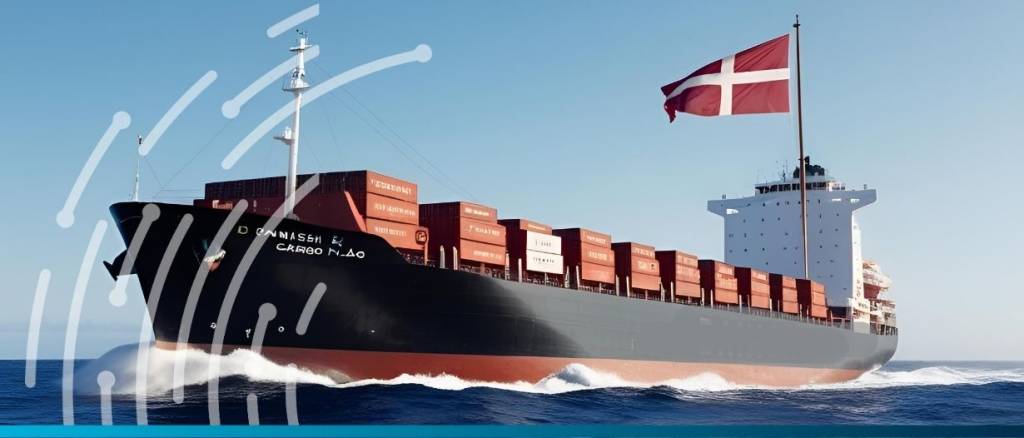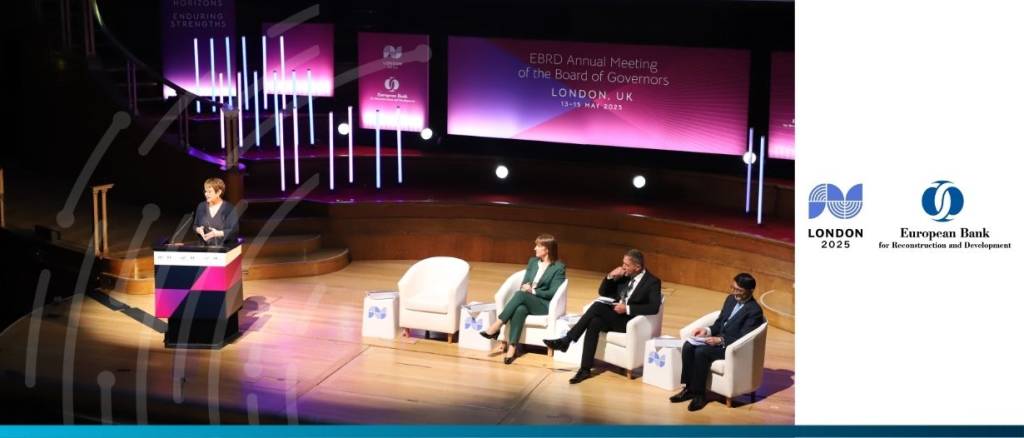The Paris-based organisation warned that mounting protectionism could disrupt the pace of the global energy transition, as companies adopt a “wait and see” approach to significant new investments dependent on… read more →
Similarly, both Indonesia and Thailand promoted an FTA with the GCC in February 2025, targeting a deal by the end of 2025, while Vietnam and the United Arab Emirates (UAE)… read more →
The Dubai-based ports operator initially planned to run the trial for six months but has now extended it through December 2025 following strong uptake from cargo owners seeking to reduce… read more →
At a recent workshop organised by the International Trade and Forfaiting Association (ITFA) in association with FCI and the European Bank for Reconstruction and Development’s Trade Facilitation Program (EBRD TFP)… read more →
Brazil’s first-ever bird flu outbreak in domestic poultry triggered immediate export bans from multiple countries and highlighted the fragility of international food supply chains. The report reveals that antimicrobial resistance… read more →
Norden will utilise waste-based biofuels across multiple voyages whilst transferring the associated emissions reductions to Microsoft through its book and claim solution, which allows companies to benefit from low-carbon fuel… read more →
Speaking at the US-Saudi Investment Forum in Riyadh, while acknowledging their purpose before the fall of Bashar al-Assad’s regime in December 2024, Trump described the sanctions as “brutal and crippling”.… read more →
At their 2025 Annual Meeting in London, the EBRD announced that it will add Benin, Côte d’Ivoire, and Nigeria as member recipient countries. EBRD shareholders ratified this today. Iraq, Ghana,… read more →
TFG Events will start with three events this year and five in 2026, in the field of trade, commodities, and the energy transition. Each first-time event is expected to attract… read more →
Both India and Bangladesh face exceedingly high tariffs from the US – 27% and 37%, respectively – which led some to hope the South Asian giants would band together and… read more →
























